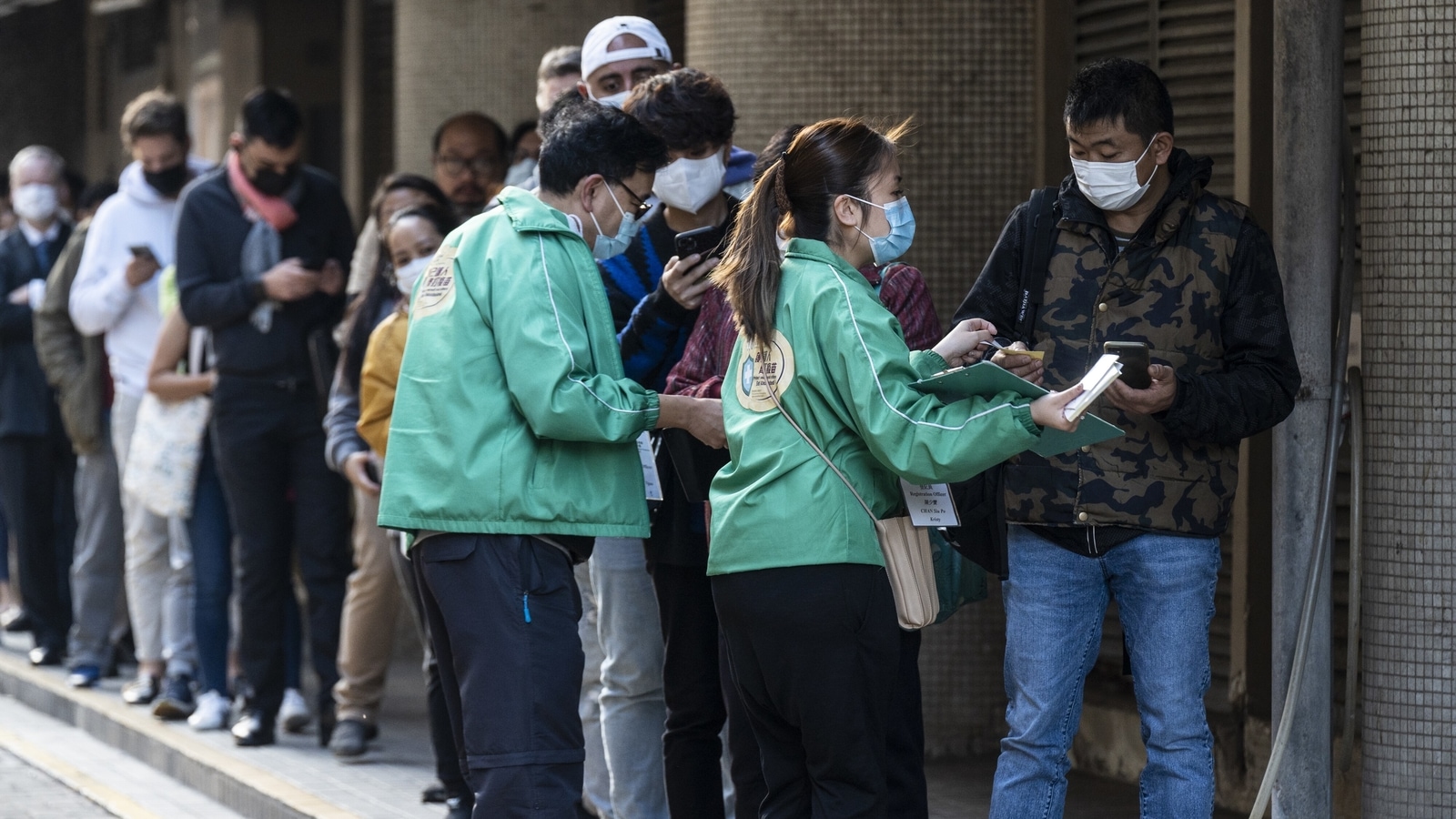Just as we're learning to deal with Omicron, another new threat has been detected.
What you need to know about the new variant
 Image credit: The Hindustan Times
Image credit: The Hindustan TimesThe South China Morning Post reported that a new variant of the SARS-CoV-2 virus has emerged in France recently.
According to researchers, the variant was reported to have 46 mutations and 37 deletions in its genetic code, including some in the spike protein. That is more than the Omicron.
While that may sound alarming, health experts believe that there's no source for concern for now. Here's what we know about the new variant so far:
#1 It's called the IHU variant
The variant, called B.1.640.2, was dubbed by researchers at the IHU Mediterranee Infection Institute in Marseilles as the 'IHU variant'. This new variant was discovered at the same time as the Omicron variant, but TIME reported that the health authorities managed to contain it in the southern Alps region of France...for now!Un nouveau variant COVID-19 à été détecté à l'IHU Méditerranée Infection issu de patients de Forcalquier. Il a été baptisé variant IHU et déposé sur GISAID sous le nom de B.1.640.2. pic.twitter.com/Rh3klIxy0w
— IHU Méditerranée Infection (@IHU_Marseille) December 9, 2021
#2 It's not exactly a new variant
As mentioned above, the IHU variant was first discovered almost at the same time as the Omicron variant, so it has been around since mid-November 2021. Patient zero was a vaccinated man from France and had just returned from Cameroon, Forbes reported.According to the report, he began experiencing respiratory symptoms and was tested for COVID-19. The sample returned positive with the presence of the IHU variant.
 Image credit: Mint
Image credit: Mint#3 Its spread has been really slow
Although the variant has been detected in several countries, a majority of the infection has been found mostly in France so far. To date, only 12 patients were detected to have been infected by the IHU variant.However, Abdi Mahamud, incident manager for the WHO’s COVID-19 Incident Management Support Team, said the IHU variant can get really nasty really fast.
“That virus had a lot of chances to pick up,” he was quoted by Yahoo! News as saying on Tuesday (4 January).
#4 The WHO is keeping a close eye
Despite its potential to wreak havoc, the World Health Organization (WHO) said that the IHU variant "has been on our radar", but they have yet to deem the IHU variant a variant of interest, a variant of concern, or even a variant under investigation. The Hindustan Times reported that IHU researchers wrote in a paper published on the medRxiv server in late December that it's still “too early to speculate on virological, epidemiological or clinical features of this IHU variant based on these 12 cases.”According to the website outbreak.info, the IHU variant was last detected on 25 December and no new cases have been reported the global databases after that.
Having said that, it is still really important for us to remain vigilant.
Although the IHU variant doesn't seem to be a source of concern for us for now, the Omicron variant is still out there. So, always remember to wear a face mask and wash your hands as frequently as you can.
And oh, remember to go get your booster shots too, OK?
